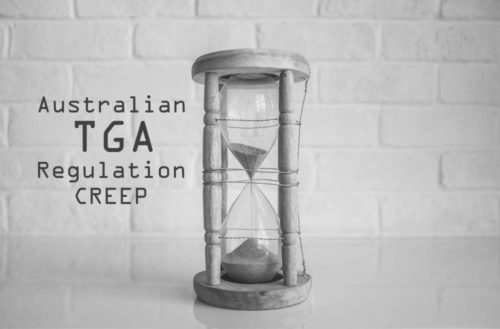FOIA Scandal: Germany’s RKI’s 2020 lockdown and masks not based on science, but politically motivated
On March 18, 2024 Paul Schreyer from German Multipolar news, following a freedom of information request, revealed that Germany's Robert Koch Institute's (RKI) COVID-19 risk assessment change in March 2020 from “moderate” to “high” was the result of a political instruction of an external actor – whose name is blacked out in the protocols, and not based on science. This change of classification, by an authority public health body, was the basis for all unprecedented lockdown measures in Germany. [1, 2, 3, 4, 5, 6] "Following a long legal battle, Germany's public health agency, the RKI released the confidential protocols showing that it was aware "lockdowns cause more harm than good" and evidence for "making masks mandatory was lacking."[2] Stefan Homburg: What do the RKI-Files really show? - WATCH [7] So if Germany's health protection agency DID NOT follow "The Science", but were motivated by an outside voice (redacted in the FOIA-equivalent documents), could this explain the lockstep behaviour of "health" agencies in other countries, such as Australia.?


